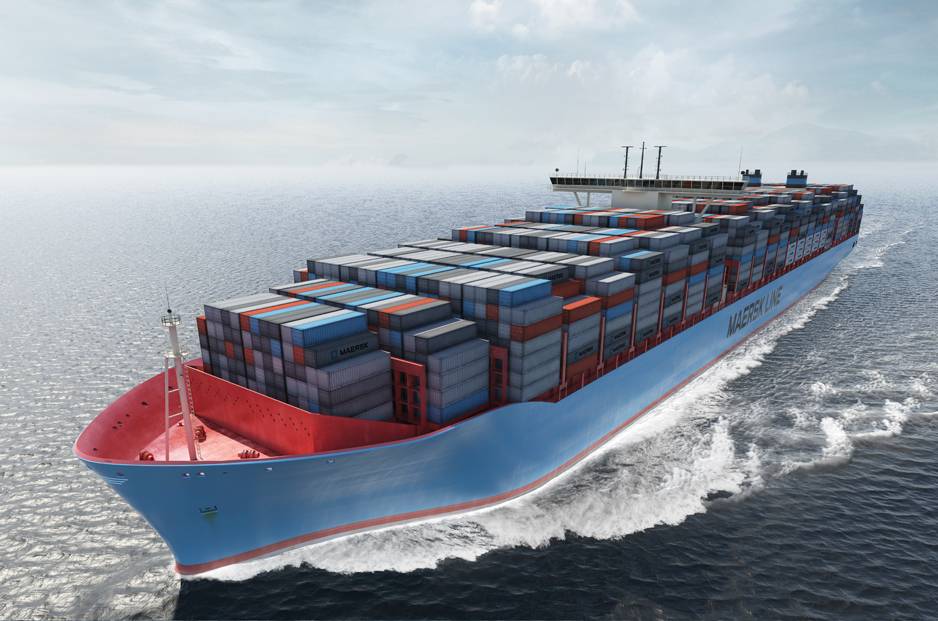Transporting liquid drinks efficiently and safely is a critical aspect of the beverage industry. From carbonated soft drinks to juices and alcoholic beverages, ensuring the quality and integrity of these products during transportation is essential. In this article, we will explore the various methods and technologies used to transport liquid drinks, highlighting the best practices and innovations that have revolutionized this industry.
- Tanker Trucks: The Backbone of Liquid Beverage Transportation
Tanker trucks play a crucial role in transporting large quantities of liquid beverages over long distances. These specialized vehicles are designed with food-grade stainless steel tanks that maintain the quality and freshness of the drinks. Advanced insulation and temperature control systems ensure that the beverages remain at the desired temperature throughout the journey, preserving their taste and consistency. - Flexitanks: Maximizing Efficiency and Reducing Costs
Flexitanks have emerged as a cost-effective alternative to traditional tanker trucks. These large, flexible containers can be easily transported in standard shipping containers, allowing for efficient use of space and reducing transportation costs. Flexitanks are designed to handle various types of liquid beverages, providing a safe and secure environment during transit. Additionally, their lightweight construction minimizes fuel consumption, making them an eco-friendly option. - Cold Chain Logistics: Maintaining Optimal Temperature Control
Temperature control is crucial for preserving the quality and taste of liquid beverages. Cold chain logistics ensure that the products are stored and transported at the optimal temperature range, preventing spoilage and maintaining freshness. Advanced refrigeration systems, temperature monitoring devices, and insulated packaging solutions are employed to maintain the desired temperature throughout the supply chain. - Packaging Innovations: Protecting and Enhancing the Product
Innovative packaging solutions have revolutionized the transportation of liquid drinks. From lightweight and durable PET bottles to aseptic packaging, these advancements ensure product integrity and extend shelf life. Aseptic packaging, in particular, involves sterilizing the beverage and packaging separately, preventing contamination and allowing for extended storage without the need for refrigeration. - Sustainable Transportation: Reducing Environmental Impact
As sustainability becomes a top priority, the beverage industry is actively seeking eco-friendly transportation solutions. Electric and hybrid vehicles are being introduced, reducing carbon emissions and minimizing the environmental impact. Additionally, optimizing transportation routes and implementing efficient logistics strategies help reduce fuel consumption and overall energy usage.
Conclusion:
Transporting liquid drinks is a complex process that requires careful consideration of various factors, including temperature control, product integrity, and sustainability. Through innovations in tanker trucks, flexitanks, cold chain logistics, packaging, and sustainable transportation, the beverage industry has made significant advancements in ensuring the safe and efficient transportation of liquid beverages. By adopting these best practices and embracing new technologies, companies can enhance their operations, reduce costs, and deliver high-quality products to consumers worldwide.


